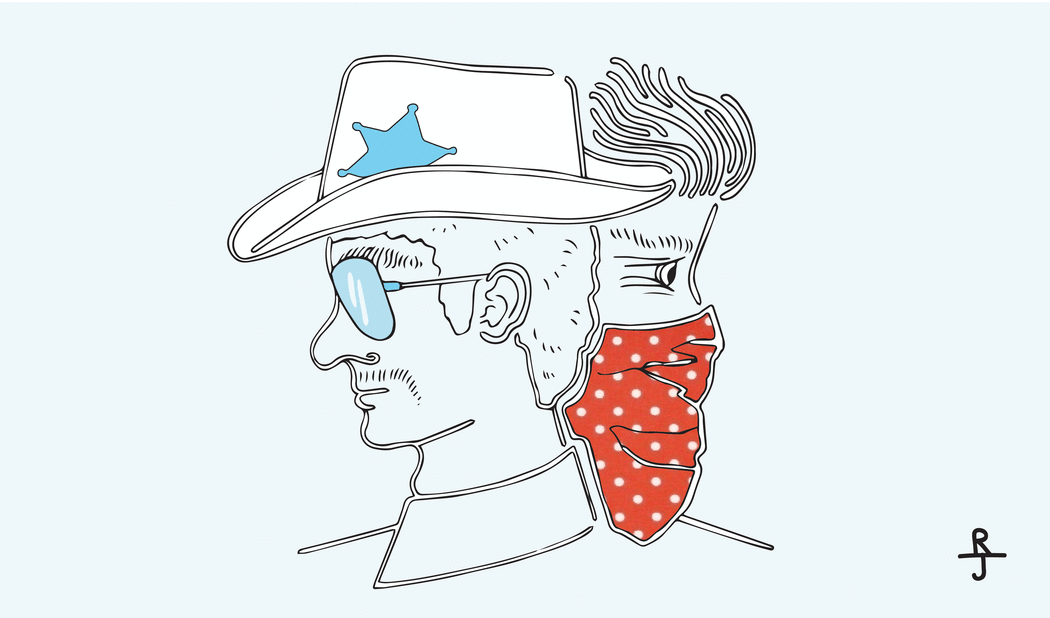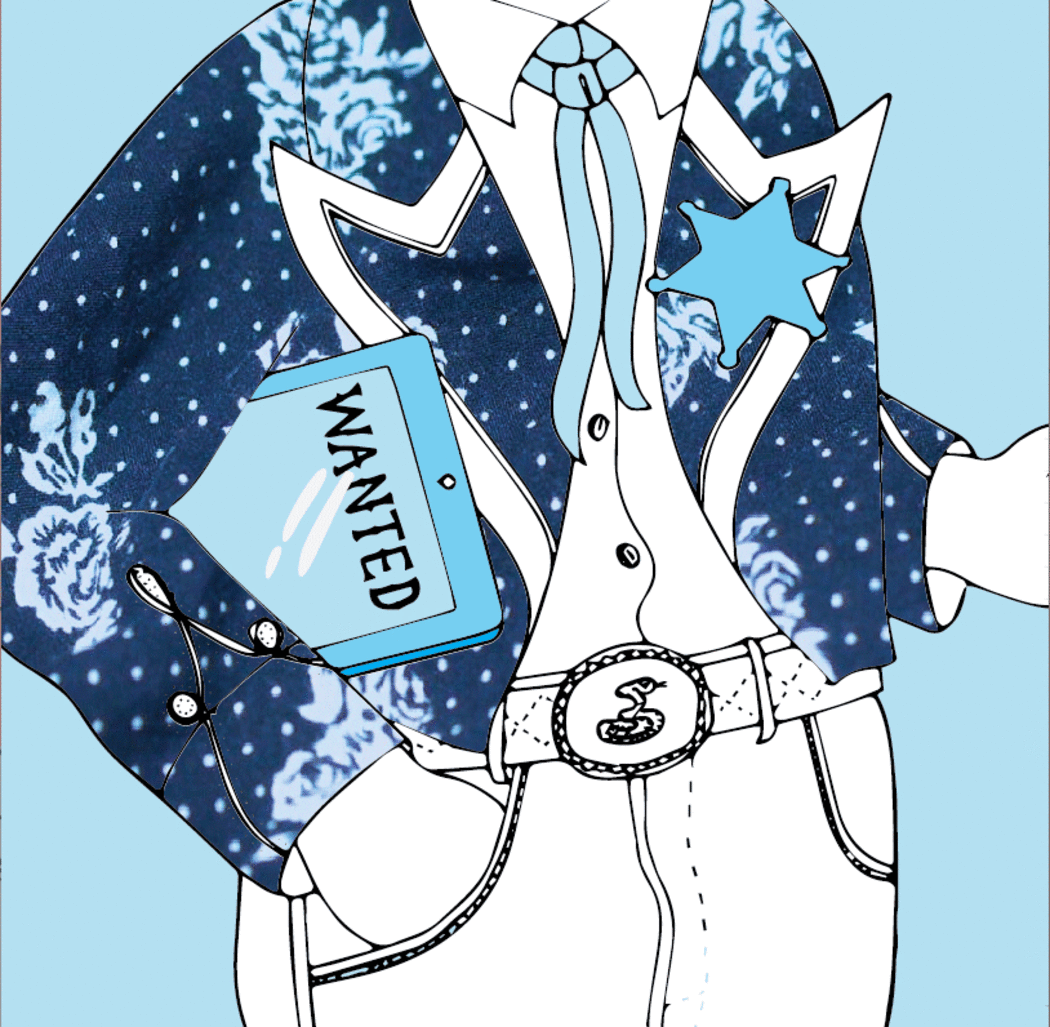“I remember when Emma had the internet. Oh, and Lauren. She was the only girl with it on our street,” remembers Kelly, 31. “That was it – I knew two people with the internet, that’s how totally foreign it was. And you’d use it to chat. There was this sense of wonder, connecting with people on the other side of the world, like an international pen pal.”
For those of us old enough to be considered “digital migrants”, who remember with nostalgia the whirring static of a dial-up connection, the internet was billed as a space of freedom without limits, in which we were quick and keen to carve out our own niches.
Today, it’s impossible to appreciate the depth and breadth of the internet. The space has expanded beyond what any of us imagined possible and it continues to grow, with about 2.5 quintillion bytes of data produced every day; in 2012, 90 per cent of all human data had been generated in the past two years.
The upshot is the internet is becoming the dominant space in which we work, play, and lead our lives. Where it was once used to overcome physical distance, it now connects people who are centimetres apart. You used to have to venture into the restricted section of your local video store to get your sexual fix; now a Google search will deliver, whatever your predilection.

The Wild, Wild Web: The Outlaws Photo: Rhiannon Josland
The term “Wild West” is often invoked to describe the internet’s status as a new space. There are the bandits and outlaws, the corrupt lawmakers, the antiheroes, and civilians hoping to avoid getting caught in the crossfire.
The damsels in distress are today’s youth, growing up in new territory that is only partially regulated. Academic research on the impact of technology is starting to roll-out, and much of it suggests there’s potential for insidious effects, with internet use undermining wellbeing and, in the long term, even changing the structure of our brains.
And then there’s the access afforded to offensive, dangerous or otherwise damaging material, a persistent bugbear in the issue. Though it’s difficult to estimate how much internet traffic is sex, we know that kids are exposed [pdf] to more of it. The question becomes, how do we mitigate the potential for harm?
Wiling away a lunch hour with cat videos is quite different to a concentrated attack on government intelligence systems, but a free internet allows individuals to do either (or both) as they please. Attempts to block and take down the internet reflect the obstinate view that the issue is binary, with “good internet” and “bad internet”. The reality of the situation is far more opaque, as internet regulators around the world are finding.
In the United Kingdom, Prime Minister David Cameron has acknowledged that an unregulated space poses “challenges” for governance. With the support of the four major Internet Service Providers (ISPs), last year his government introduced a “porn filter” that blocks offensive material unless account holders choose to receive it. But one of the many criticisms of the measure was that it cannot categorise the colossal range of identifiers attached to web pages so as to meaningfully let in the good and keep out the bad.
Here in New Zealand, National does not have a policy on web regulation (nor, perhaps surprisingly, does the Internet Party; neither party responded to requests for comment). But both Labour and the Greens have proposed their own digital “bill of rights”, intended to prompt a conversation about our online experience.
“I think what we could see is a creeping negative influence over the internet where people’s access is reduced and where we see discrimination of information,” says Gareth Hughes, the Greens’ ICT spokesperson. “While we aren’t Turkey or Egypt … the government has to play a role. A critical principle is creating separate strategies for online. What we need to ensure is that if you’re breaking the law offline and online that similar penalties apply – but what we risk is internet-only rules that only apply online.”
Illustration: Rhiannon Josland
Clare Curran, Labour’s ICT spokesperson, is more cautious. “There has to be some rules, but the genie is out of the bottle in terms of containing people’s use.” She expresses concern that parliamentarians – after all, mostly digital immigrants – are not equipped to grapple with “the new normal”. (And many have demonstrated their lack of literacy in the House.)
Of the impending Harmful Digital Communications Bill, which aims to address cyber-bullying and online harassment, she says she worries about “a bunch of politicians sitting around, debating a precedent-setting law, and not understanding the implications of creating a new law that only applies in the digital environment, and what the unintended consequences of that might be”.
But to suggest the internet cannot be regulated absolves individuals of accountability, and leaders of the responsibility of governance. We wouldn’t tolerate such apathy in the physical space, where we regulate drugs, roads and guns even though we’ll never entirely remove their potential for harm. If the action, behaviour or consequences are the same online as they are “in real life”, they should incur the same penalties.
Nevertheless, there’s a willingness to treat online conduct as being removed from that offline, rather than a reflection of it. But the divide is wholly artificial: behind every ISP address is a person who is subject to law.
In New Zealand, there’s been a piecemeal approach to internet regulation, with the telecommunications market answerable to the Commerce Commission, and “intimate covert filming” and the intercepting of electronic communications (with noteworthy exceptions) treated as criminal offences.
But as it currently stands, the Department of Internal Affairs has the widest jurisdiction to regulate “objectionable” content by way of the Digital Child Exploitation Filtering System, a volunteer partnership between the Department and the majority of ISPs. It sees this as an appropriate response to the harms perpetuated by child abuse images online, despite criticism from internet freedom advocates that it’s blanket censorship.
ISPs have taken advantage of this fragmented landscape. Orcon, for example, provides clear advice to its customers on how to get around geographical restrictions on streaming sites like Netflix, who have not yet expanded their business model into New Zealand (though a 2015 launch is rumoured).
Orcon CEO Greg McAlister says the company’s business objective requires “breaking down restrictions wherever possible”. “Orcon doesn’t have a fair use policy, nor do we have any traffic management policies to artificially slow certain types of traffic – we even have some customers using as much as 10 terabytes a month, just on our standard unlimited ultra-fast broadband plan.” That’s equivalent to much more audio and video than there are hours in which to consume them: literally music to ‘internet optimist’ (read: pirates) ears.
It goes to show that one of the keystones of New Zealanders’ relationship with the internet is the freedom to consume content when they please (now) and how they please (regardless of jurisdiction) – and that where there’s demand, the industry is willing to meet it.

The Wild, Wild Web: Wanted Photo: Rhiannon Josland
According to the findings [pdf] of the World Internet Project, New Zealand has one of the highest penetration rates of internet use in the world. This means almost every man, woman and child has access in the home, at work or school, and – with seven out of 10 users accessing the internet from a hand-held mobile device – in their back pocket. Young people’s worldviews are being shaped in a way that’s incomprehensible to those of us who grew up without this constant and unmitigated access. The internet is their sandpit: a place to make friends, build things, and if they want to, tear them down.
Brett Lee, founder of Internet Education and Safety Services, works with young people throughout New Zealand and Australia. In his experience, most don’t have the life skills to understand and contextualise their actions in the digital space. “They think signing off closes off their online persona,” he says. “They don’t conceptualise that the screen is reality.”
As the distinction between online and ‘IRL’ becomes increasingly harder to identify, parliamentarians won’t have the luxury of being able to put the issue in the ‘too hard’ box
He’s determined to dispel myths about anonymity, privacy and context. “The responsibilities, and advice, will always be the same. But the technology will change.”
Though Netsafe executive director Martin Cocker is confident that most New Zealanders use the internet sensibly, and that our literacy is on a par with most other developed countries, he believes there’s room for improvement. “All too often people have a simplistic view of education, that it is putting information in front of people and expecting them to absorb it, often out of context.”
He thinks the Government has been pragmatic in allowing people to develop their own norms before stepping in. Gareth Hughes also expresses confidence in young New Zealanders, “They’re a generation that depend on the internet, so they’re very interested in seeing a parliament that doesn’t only take a negative, punitive approach, but a positive, rights-affirming [one].” These youth are tomorrow’s voters, with influence and consumer power that is already manifesting itself online.
If we’re to rely on education to equip children with the skills and knowledge to be safe citizens in a digital world, the widespread incorporation of digital literacy curriculums by individual Boards of Trustees probably needs to be institutionalised. Digital migrants, meanwhile, will have to depend on their intuition. But as a means of harm prevention, education cannot replace the need for regulation.
As the distinction between online and ‘IRL’ becomes increasingly harder to identify, parliamentarians won’t have the luxury of being able to put the issue in the “too hard box”. The digital space might be a lawless frontier, but New Zealand isn’t: as citizens, we have the privilege of shaping the spaces in which we act as autonomous agents. With a combination of public discussion and good, strategic governance, we should be able to extend that power to our online experience, instead of having to clean up after it.
This content was brought to you with funding from New Zealand On Air.

